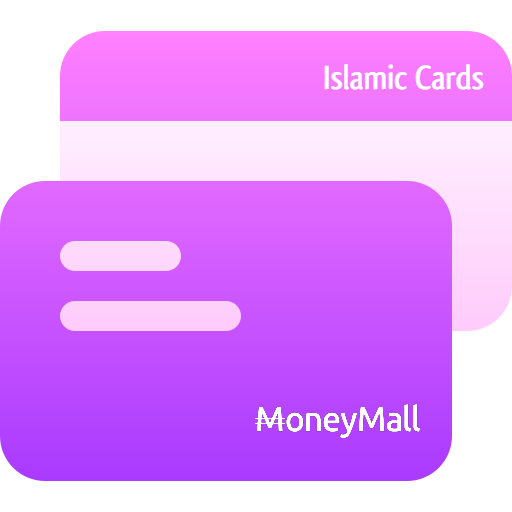Credit cards need no introduction. Almost everyone in UAE has availed of the numerous benefits of using a credit card at least once in their lifetime. For those who have not, credit cards allow you to purchase goods or services on credit for a small fee. It is particularly an alternative to money aka cash, which lets you channelize internet-based and retail-based transactions with ease. The high-cost of living and maintaining a lifestyle in UAE makes credit cards; a must-have financial tool.
Credit cards are one of the most common currencies in the world. In today’s day and age, they are certainly more convenient than carrying around cash in the form of dollars or dirhams. But bear in mind that credit cards differ significantly from country to country. In the United States, standard payment terms are around 2.5% of your card balance but in South Africa, an average credit card is like a secured credit card which gives the card-issuing company the right to offset your bank account.
In UAE and the other Islamic States, credit cards differ on the basis of interest. Apart from the regular credit cards, there are also credit cards available which are sharia compliant. There is no interest charged on such credit cards because of the Islamic rejection of credit card interest. So, in this article,
we present to you an interesting read about shariah compliant credit cards.
In Islam, interest is haraam, or forbidden. This is a very important consideration for credit card companies. According to Pew Research, Muslims represent 1.8 billion out of the 7.5 billion population of the world. Thus, the religious belief of this population needs to be considered by credit card companies as well. This gave rise to shariah compliant islamic credit cards.
The credit card industry in the west, you could say, loves interest. In the United States of America alone, interest accounts for more than 40% of credit card profits. On the contrary, in the Islamic States, as you would probably know, interest is haraam, or forbidden. Now, let us consider the following analogy and present opinions that state why credit card companies support interest being forbidden. This viewpoint can be seen from various perspectives, a couple of which are given below:
- One opinion says that if somebody already has the money that they would need to make the purchase, in that case, it should be permissible to use the credit card as long as they pay off their credit card debt immediately. Most banks provide their customers with a 25 to 30 days long ‘grace period’ before the interest kicks in. So, if you pay off your credit card debt immediately, you will not pay any interest whatsoever.
- Even in the case of sharia compliant islamic credit cards, make sure that you avoid getting caught in the debt trap. People who spend beyond their earnings and do not leave any portion of their income aside for savings serve as the perfect target market for credit card companies. Keep in mind that credit card companies that offer 0% introductory interest are doing so with the motivation that you will pile up a large balance during this period. You will, thus, be unable to repay the amount before the credit card company starts charging interest.
Assets in the global credit card market, including counties like Hong Kong, Luxembourg, and Great Britain, exceed $1.6 trillion, according to an article published by USA Today a few years back. When viewed from a global perspective, there are three important takeaways from the credit card business:
- Unlike cash, credit cards are inter-operable around the globe and are accepted in almost all parts of the world.
- All credit cards may look the same, but they are certainly not equal in their features or benefits.
- Understanding the nuances that are specific to individual credit card markets is essential for doing business worldwide.

